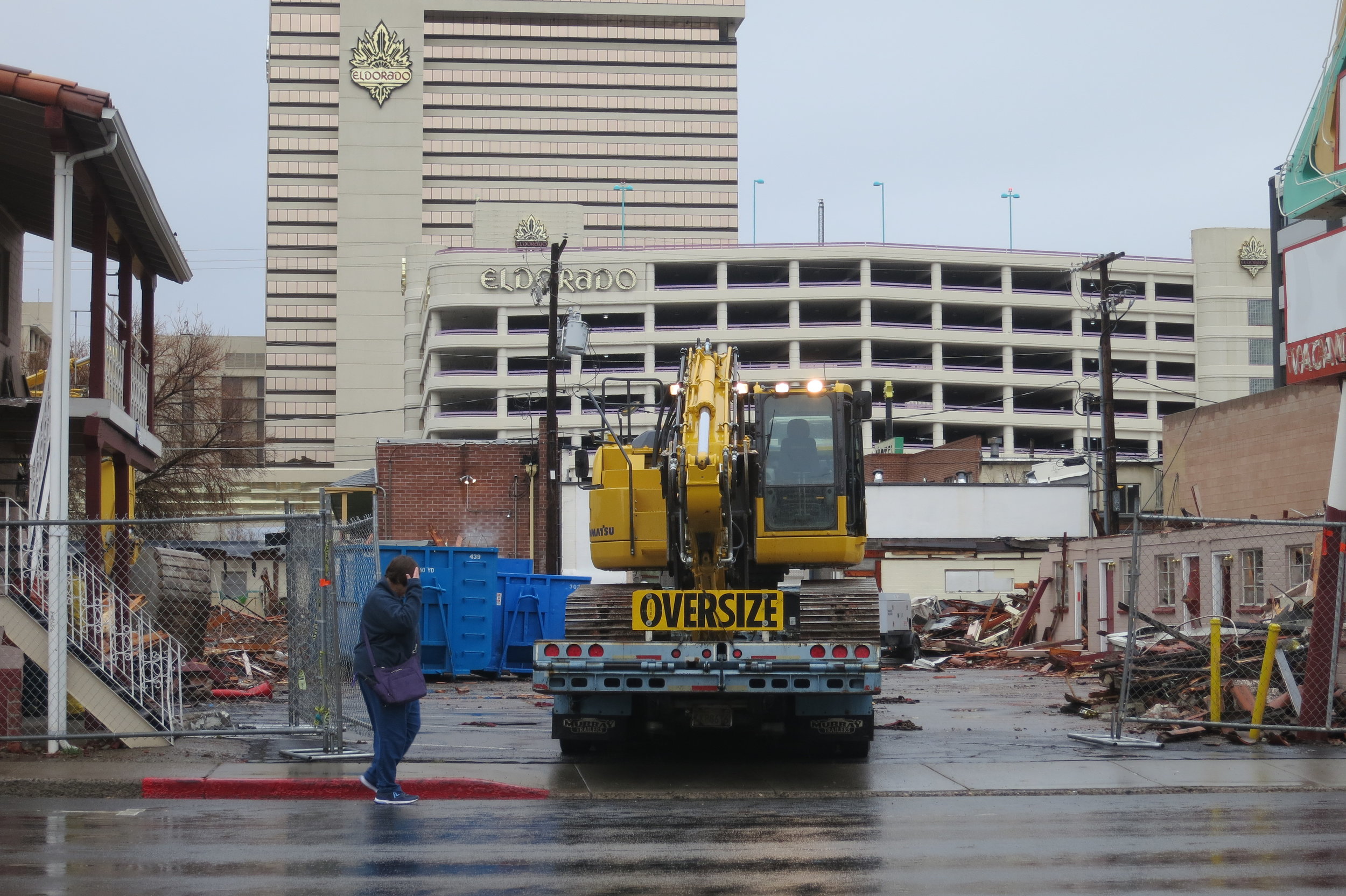A New Phase in Reno
Yarrow, 24, is just starting to establish herself at Reno Art Works, and she is full of questions, energy, enthusiasm and wonder, traits she puts to both cosmic and worldly uses in her art and advocacy for a better Reno.
"Reno, you know, there's a lot of heat here. People are pretty fiery, but also there's this element of actually getting things done," she said. "When I'm here, I'm here and people are like, well it's so weird that you moved back and like, yeah, I moved back, like I came home, I came back to myself, I came back to my work with fresh eyes."
She used to base herself at the Generator and went to Burning Man twice, but that was before her three-year detour in Seattle, making her ready for new beginnings in her hometown.
"I'm fourth generation here ... and so sometimes it's a little bit unnerving to not have my own identity. So Seattle was my way of creating my own identity but I was also having a little bit of trouble just really establishing myself in Seattle. It was really fun, but the gentrification there is even worse. My house got sold from right underneath me. I had a month to move out."
A screengrab from the Electric Moon Boutique Instagram Yarrow runs. "I haven't even started my Etsy," she said. "My friend is doing all of my product photography, so I'm in the midst of really establishing myself as a business and mostly I've just been selling stuff through pop up events."
The Electric Moon Boutique Adventure
Having cycled through a few other names for this current venture, she has no problems though explaining her deep rooted vision.
"I've been doing this my entire life which is refurbishing old clothing and making it new and fresh and this ability to just be authentic and creative, just to be ourselves in the world," she said.
Both her boutique though and her work as a nanny could be preludes to otherworldly artistic pursuits. "What I'm really hoping to do by establishing my business is also to be able to support and facilitate some of my other pretty, wacky creative art, because I kind of have some crazy stuff and sometimes I just display it," she said.
She says she is going for "non-gendered, playful, sweet, poppy, light and colorful pink, blue and yellow" aesthetics to balance her deeply intense darker sides. She has been working with friends, but wants to involve more people in her project.
"The way we express ourselves is like an artistic expression and I definitely have people that I have on my radar for that. But really bringing it together is going to take some time because I still need to let myself establish myself."
"This is something that I found, a seventies little headpiece that I found for $5 and I put these pieces on it and this chain. This is what I do. I take things that people kind of throw aside and they're like, 'oh, that's whatever.' And then I turn it into something that's like wearable art. I think someone could probably wear this to Burning Man. I'm not really a burner brand, but I do make some eccentric stuff. I feel like it would be really good for Burning Man," she said of a recent piece she was going to display at Reno Art Works.
Apprehension for Reno
"I don't think people in Reno are prepared for what we're about to go through," she says of the affordable housing crisis, gentrification and the current boom which is putting a strain on services and public spaces.
She would like to see more of a communal response to pressing issues such as creating better public transportation, as well as improving education and helping those with mental health issues.
"I'd love to see some creative projects with the university and really utilizing that young creative talent because a lot of these older people are pretty set in their ways. I don't think it just comes down to building homeless shelters," she said.
"I love all of the people that I've met here and feel super supported here," Yarrow says of Reno Art Works. "I want to do my art, but I also don't want to be like this lone wolf. I want to have my space, but I also just really, really believe in community. It feels like a safe haven in Reno when there's so much upheaval and stuff."
Ideas from Seattle
Better pay is one idea she believes Reno could try to follow other cities such as Seattle, where officials voted to incrementally boost the minimum wage up to $15 an hour.
"I can't even believe that people are still paying $10 an hour. No one can afford to live off of $10 an hour in this city. It's crazy to me. I'm not saying that there's one solution, but it's insulting to be paid $10 an hour in this day and age. $10 doesn't even get you a meal anymore," she said.
She also believes there should be more corporate accountability for companies establishing themselves in Reno. "It's really important to establish boundaries and Reno is not good at that," she said.
"People, businesses want to move here. They could move elsewhere but they want to move here. I think that the city and our government really needs to take a step back and ask how these companies are actually contributing. Like Tesla has a ton of money. I would love to see them create public transportation in some way for their employees. In Seattle there were van pools. And Amazon bought all these vans to pick people up in different parts of the city. Things like that make a huge difference. So I'd love to see companies really take accountability for what they're doing to our city," she said.
"I think that everything comes with kind of a shadow and a light," Yarrow says of recent changes in Reno. "And so there's always gonna be some benefits and there's always gonna be some setbacks."
Being an Authentic Leader on the Homefront
Yarrow comes from a long line of Reno entrepreneurs, and she says she is now ready to pick up the mantle in her own way.
"I think being really authentic is my value," she said. "And by being authentic, it's sharing what's not okay with me and what I'm really excited about and that these can coexist," she says of her role in Reno's current upheaval.
She often interacts with others through social media, and engages in constructive discussions to find solutions, to understand all sides, such as with the current destruction of motels.
"My mother is an architect and so I told her, 'I think that it would be really great to turn these motels and to protect them.' She said, 'well, you know, those places are run down and they're not worth saving and they just need to be torn down.' And so she, she has a point, right? There's never a one sided issue. But really understanding the other person and seeing their perspective and saying, 'okay, but this is an issue for everybody and how do we address it? Yes, maybe people can't afford to live in these places that are like $1,600, $2,000 in Midtown, but these cheap places that are being built are not sustainable either. You're being ripped off, everyone's being ripped off because it's just happening so quickly."
Original Our Town Reno Interview and Photography, Summer of 2018












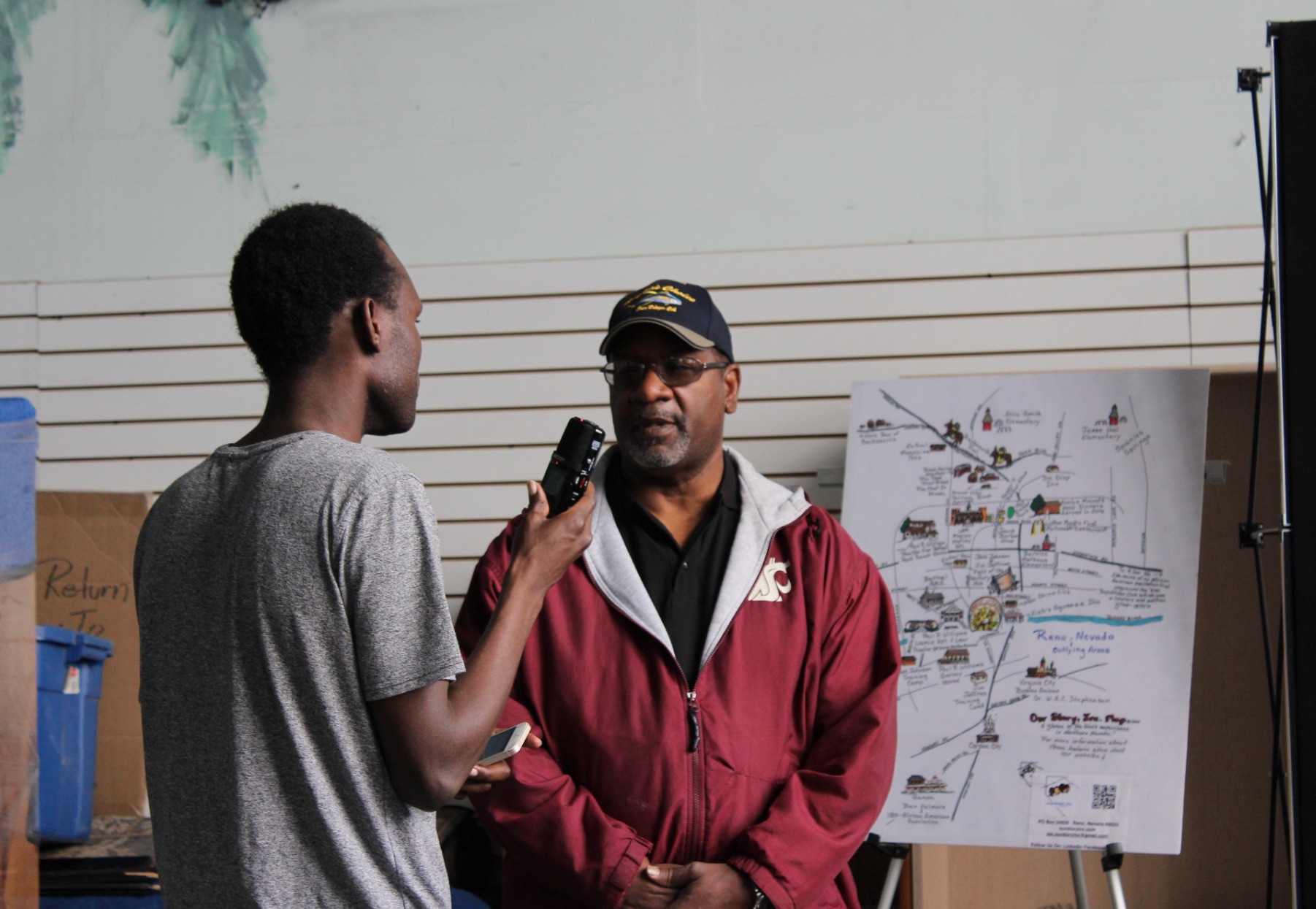





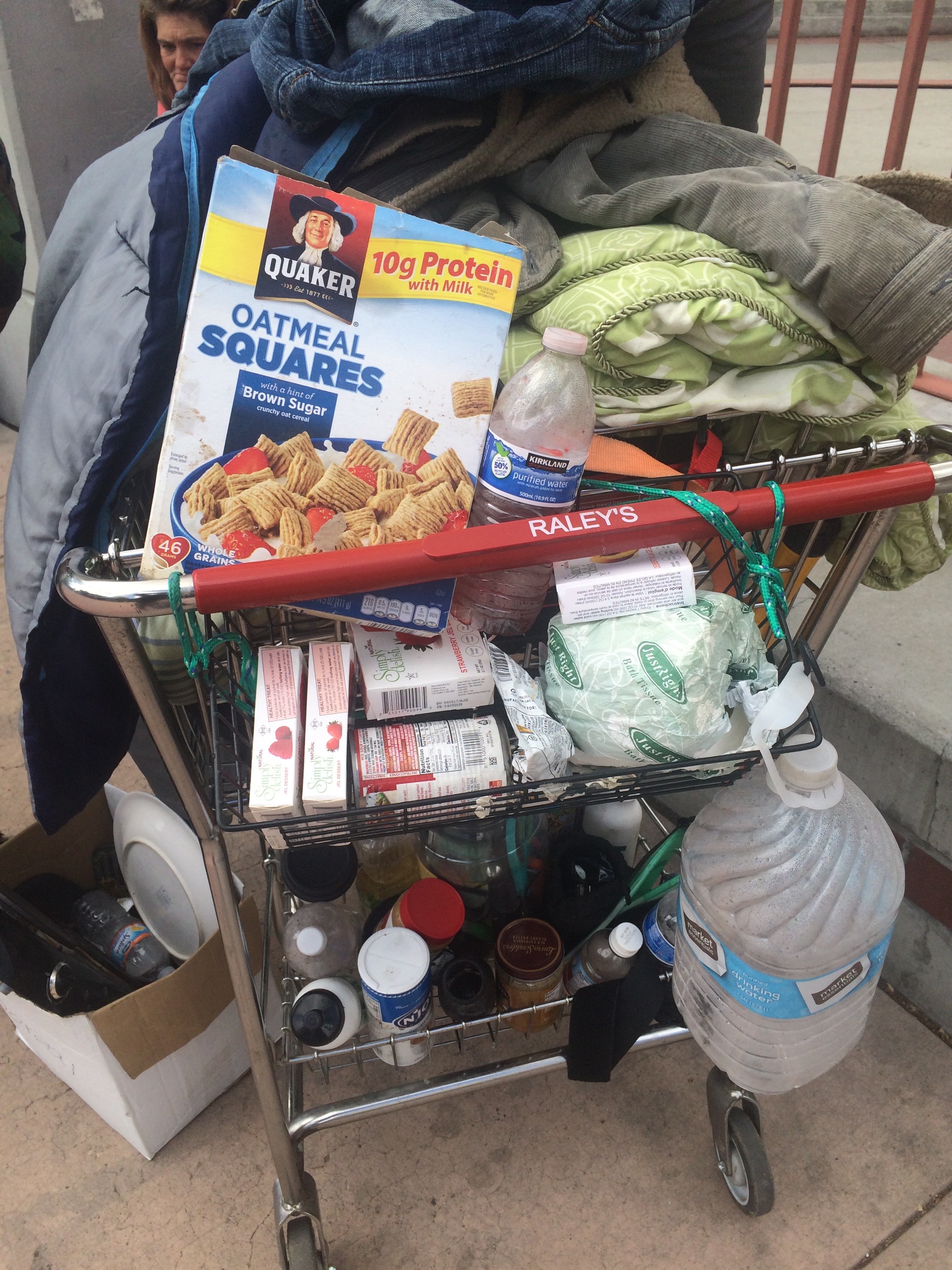































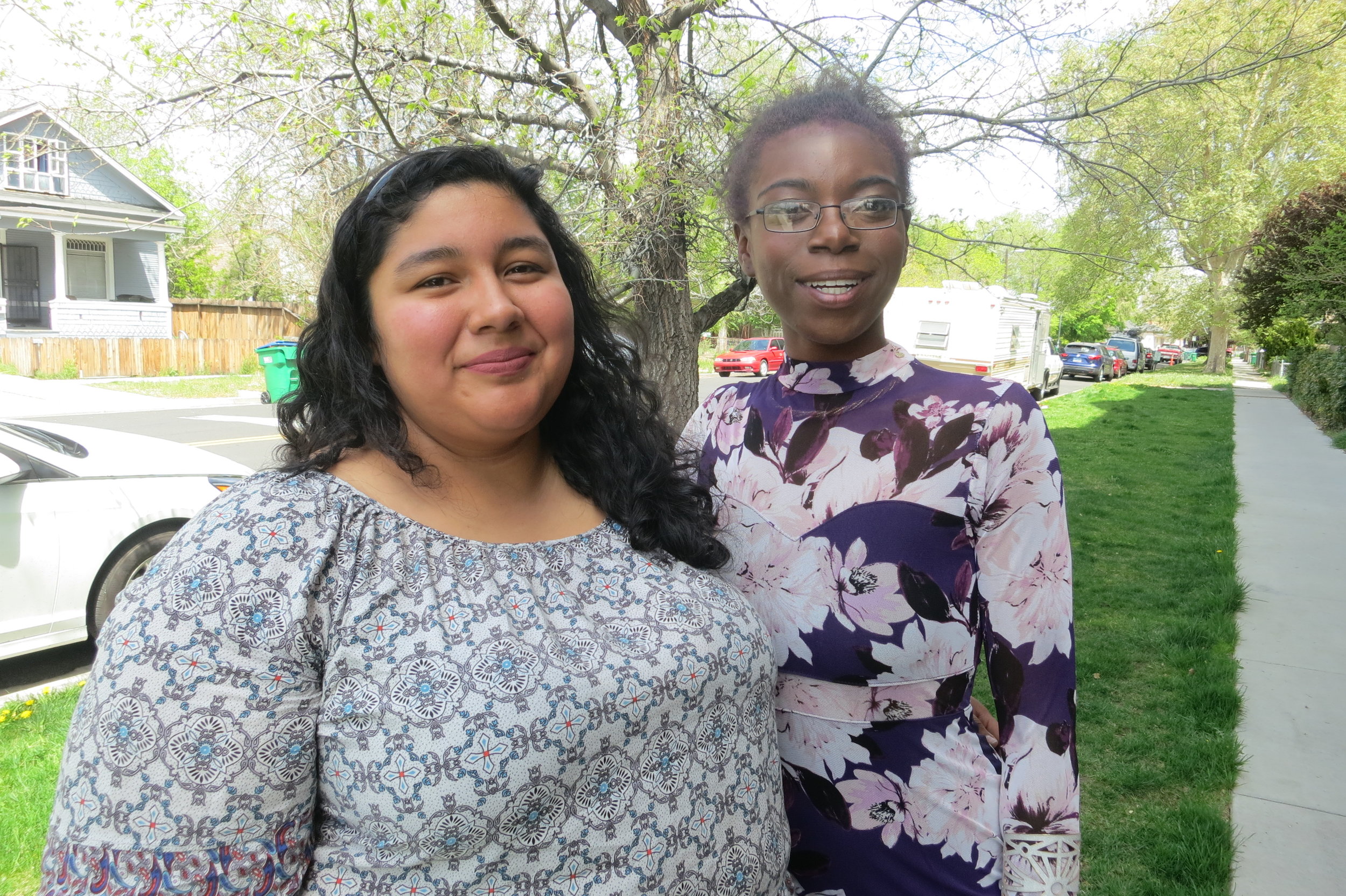














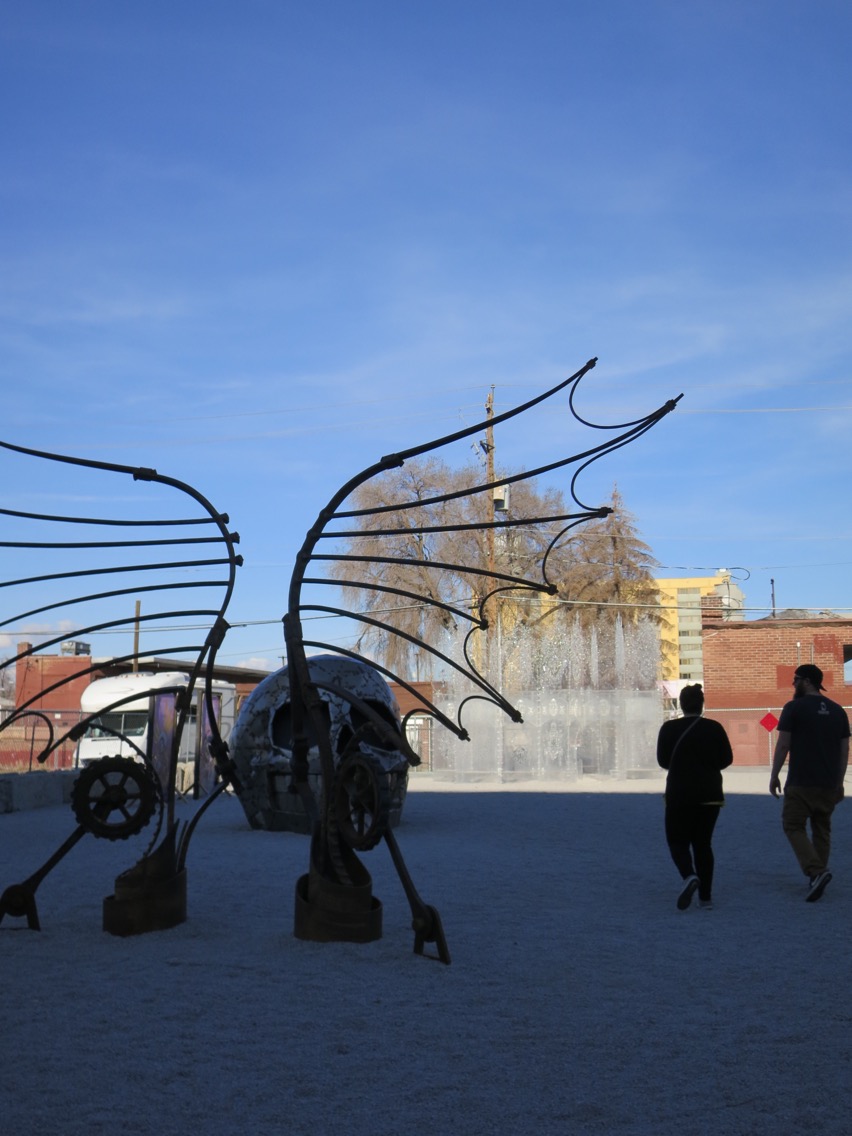
!["We’ll have to see what they do. On the one hand, I think we’re very grateful that there’s investment that’s going to be made .... (but) what the actual vision is for downtown, for their [Jacobs] downtown development, I think the jury is still …](https://images.squarespace-cdn.com/content/v1/5675d221cbced60a236e28b8/1524770483458-QUM2G52QO305ONKQCSYE/ClosedMotel.jpg)









